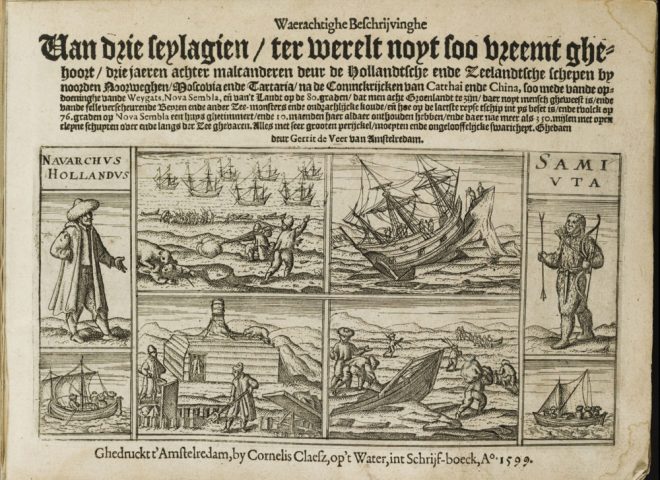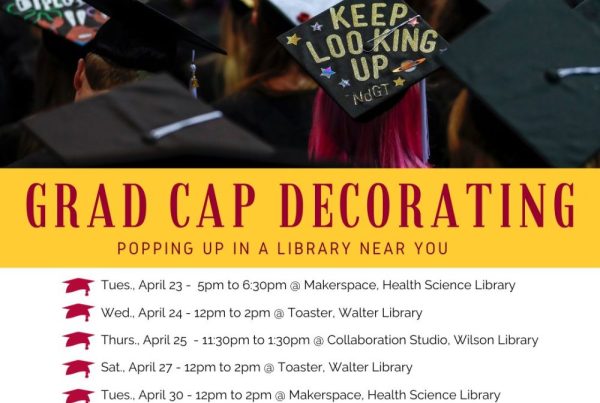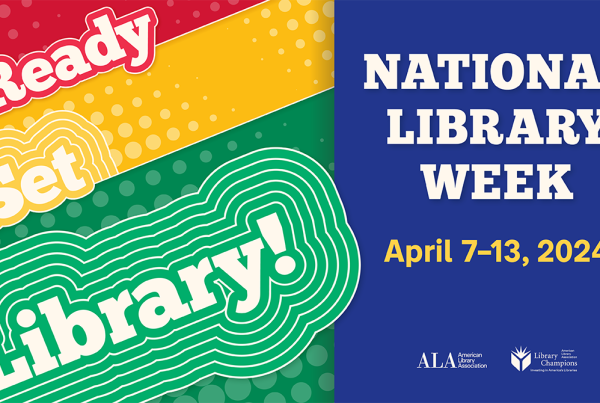The University of Minnesota Libraries is partnering with Adam Matthew Digital to make some of its rich primary source material available for undergraduate research and teaching.
The Libraries is working with Adam Matthew Digital on two digitization and access projects:
- Migration to New Worlds: The Modern Era includes digitized materials from the Immigration History Research Center Archives (IHRCA) and
- Age of Exploration includes digitized materials from the James Ford Bell Library
These projects are expected to be complete and released within the next year.
The Libraries’ contributions — more than 68,000 pages of text and nearly 20 hours of audio recordings — are all rare or unique, with a geographical range from local (Minnesota) to global.
“We are excited that users around the world will now be able to cross-search our material with other major collections such as the National Archives (UK) and the Tenement Museum, New York in this tool for learning about the experiences of migrants over 350 years, said Ellen Engseth, Curator of IHRCA.
Migration to New Worlds: The Modern Era will be released August 2, 2017; Age of Exploration will follow in 2018. The material was selected by Adam Matthew staff and University Libraries curators Ellen Engseth and Marguerite Ragnow during the past year, followed by digitization and metadata creation this year.
Migration to New Worlds: The Modern Era
The Immigration History Research Center Archives (IHRCA) is a distinguished archive and library for the study of immigration, ethnicity, and race. IHRCA has worked for more than 50 years to select primary sources documenting a broad range of immigrant and refugee experiences. The archive’s outreach work includes making materials accessible, collaborating with local and international communities, and striving to connect history to today’s experiences.
The IHRCA is the second largest contributor to The Modern Era. Source material includes the files of Immigration and Refugee Services of America, American Committee for Resettlement of Polish Displaced Persons, and oral histories from the Minnesota-based Finnish American Family History project.
Age of Exploration
Founded in 1953 at the University of Minnesota, the James Ford Bell Library documents the history and impact of international trade and cross-cultural contact, particularly during the early modern period, circa 1350 to circa 1800. Its internationally renowned collection includes rare books, manuscripts and archival collections, maps, and government records that document the “Age of Exploration,” when Vasco da Gama, Admiral Zheng He, Captain James Cook, and Christopher Columbus were making history.
Exploration includes a variety of print and manuscript documents dating from the late 15th century through the early 19th century. Among them, for example, is a manuscript guide to sailing from Goa to Suez that includes 16 hand-drawn and hand-colored Red Sea harbor maps, as well as the 1839 journal of a whaling voyage from New Bedford, Massachusetts to New Zealand.
“This is a wonderful opportunity to provide access worldwide to materials that truly demonstrate the depth and breadth of the Bell Library collection,” said Ragnow, Curator of the Bell Library.
The IHRCA and the Bell Library are part of the Archives & Special Collections Department of the University Libraries.
About Adam Matthew
Adam Matthew, an imprint of SAGE Publishing, is an award-winning publisher of digital primary source collections for the humanities and social sciences. Sourced from leading libraries and archives around the world, their unique research and teaching collections cover a wide range of subject areas from medieval family life to twentieth-century history, literature, and culture.





